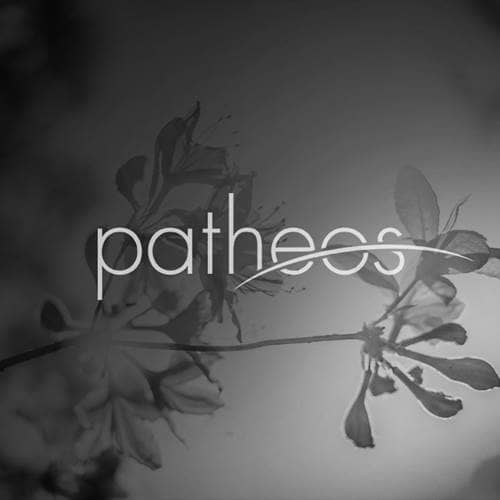- Trending:
- Pope Leo Xiv
- |
- Israel
- |
- Trump
- |
- Social Justice
- |
- Peace
- |
- Love

RELIGION LIBRARY
Methodist
Human Nature and the Purpose of Existance
Methodists distinguish between human nature as it was created, and human nature as it exists now in its fallen state. Humans were created in the image of God, having reason and will. They filled a place in the order of creation that stretched from God and the angels on one end through humans down to lower organisms and inanimate objects at the other. As such, humans were in harmony with God and with creation, and in a position to mediate and distribute God's goodness through the rest of creation.
But human nature since the fall is very different. Humans are born in a disordered state, prideful and self-centered, unable to know clearly or to act properly. They do not possess enough free will to choose to turn to God or to resist sin, though they do possess enough free will to respond to God's offer of prevenient grace.
The purpose of existence for Methodists is to glorify God. This requires a complete re-orientation of human nature such that a person is no longer self-centered but God-centered. Because humans lack the free will to choose a non-sinful path, this re-orientation can occur only through the offer of God's grace. Methodists are distinguished from other Protestants such as Lutherans and Presbyterians because they believe that this grace is universally available.
Since the holiness club at Oxford University led by Charles and John Wesley, Methodists have included a social aspect to this re-orientation of human nature. A Christian makes progress in the life of perfection (or, sanctification) by performing works of piety and works of mercy. Both are communal. Works of piety include Bible study, prayer, and receiving the sacraments. Works of mercy are acts of service performed for the good of others. Methodists have a long tradition of visiting prisoners, building hospitals and schools, etc.
Re-orientation makes possible the glorifying of God in this life. It also results in the reward in the next life of living in the direct presence of God and glorifying God perfectly for eternity. This also must be included as an aspect of the purpose of existence.
Study Questions:
1. How did sin change human nature?
2. Why is grace necessary for redeeming human nature?
3. Explain the relationship between community and grace.










